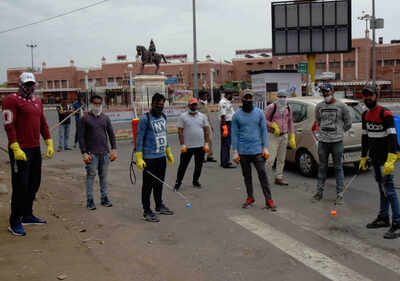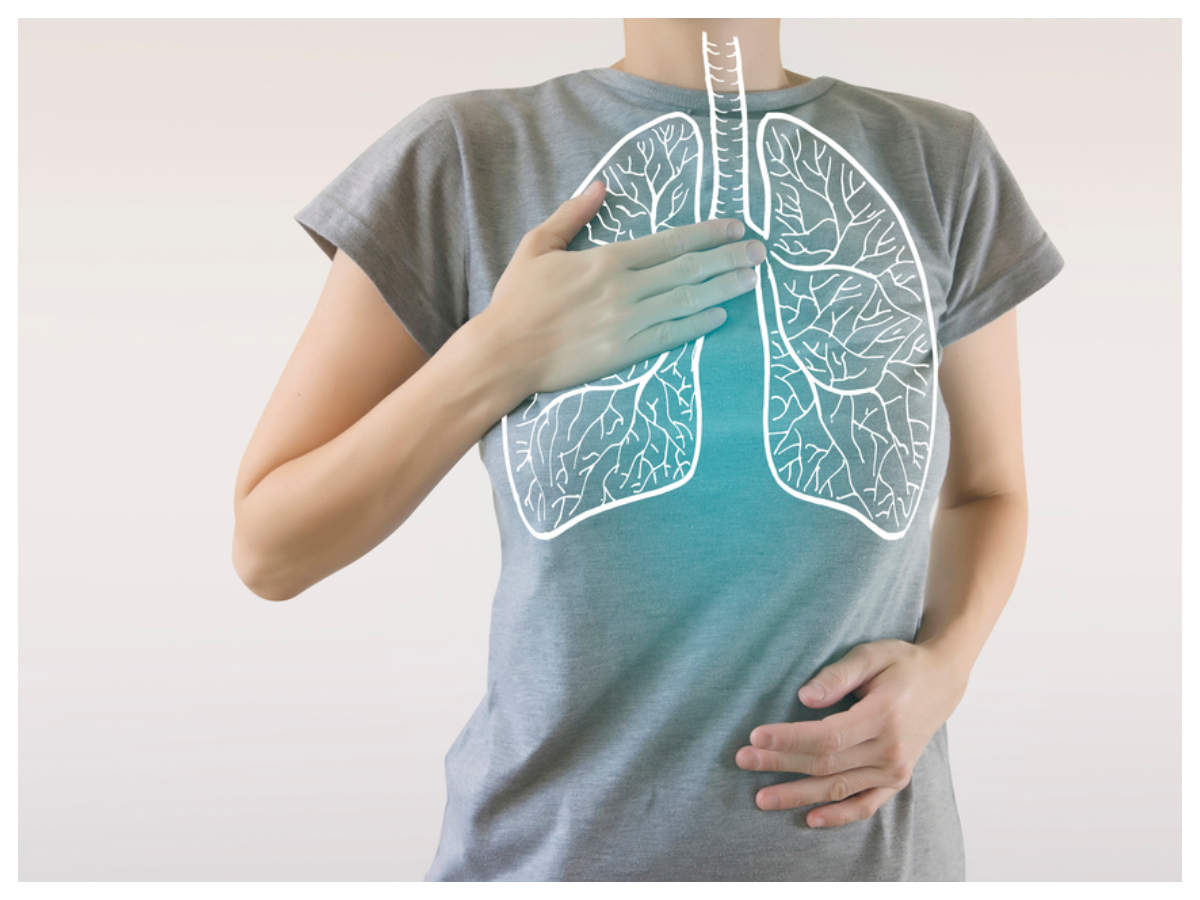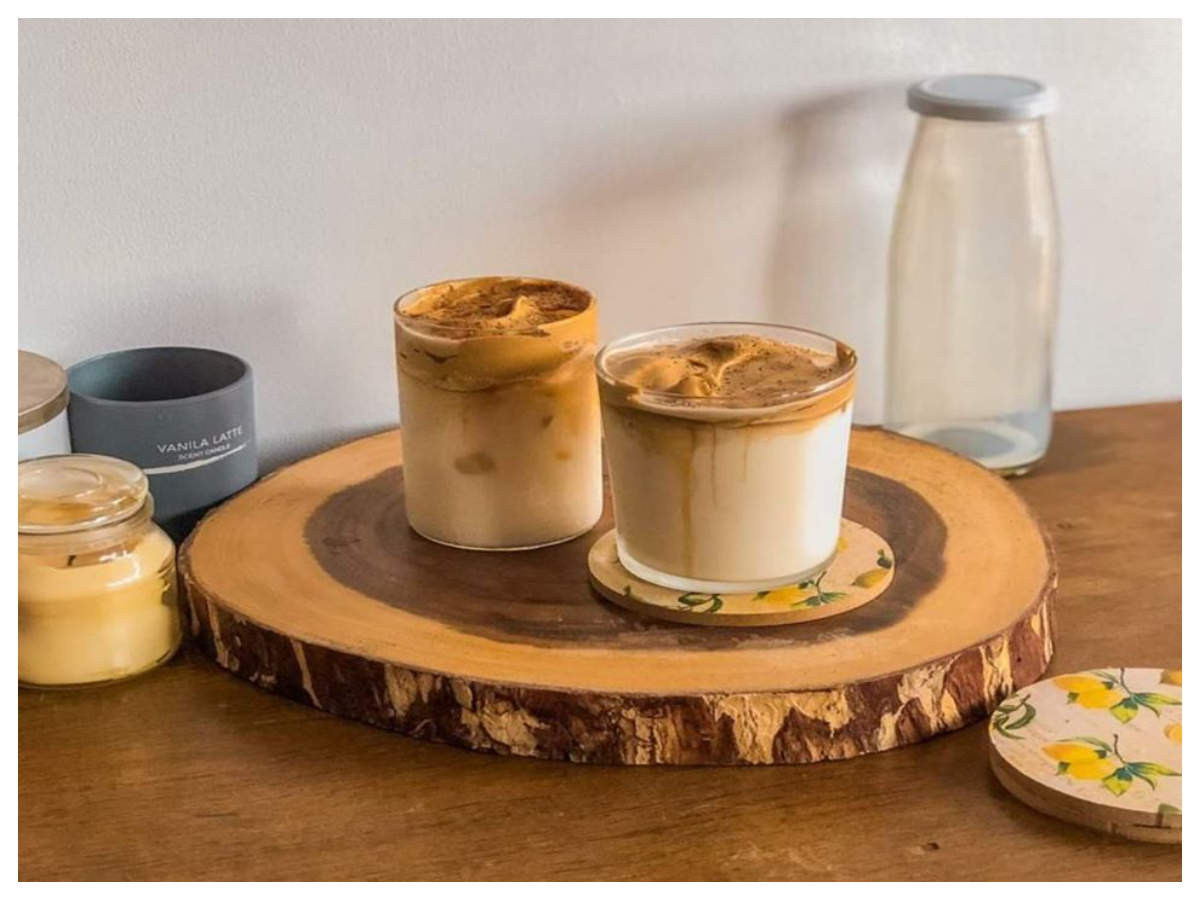
JODHPUR: Identifying sanitation as a major tool for defence against the spread of Covid-19, a group of young men in Jodhpur has taken up the cause of disinfecting the city.
They are the members of a group ‘Sare Jahan Se Achha’ and in the 10 days since its formation, the 15 members of the group have voluntarily sanitised about 25,000 houses apart from the government offices, police stations, bank premises, mosques and temples and other functional places.
Convener of the group Man Singh Gaur (31), who is a gym trainer took the initiative, talked to his friends, formed the group, collected money and began with the disinfection drive across the city. “I was free after lockdown. So I thought of doing something instead of idling away the time in lockdown and considering the importance of sanitisation, I decided to do something on it,” said Gaur, who shared his views with his friends and all of them readily agreed. This group includes members of diverse professions and trades as well as students, who have been provided the services voluntarily keeping every precaution.
Elder of the two brothers, Gaur then got to the task allaying their fears of getting infected in the field. “I remember that on very first day of our mission to disinfect the city, we chose various locations of Pratap Nagar and we kept on doing our work for 11 hours straight,” Gaur said adding that now the team has fixed a work schedule from 7 am to 2 pm daily. A member Ravindra Singh Sisodiay (26), who is a home guard and is currently on night duty under Khandafalsa police station, takes a small nap after reaching home in the morning before rushing to join others in sanitation work. “My mother terms my work as a very noble one. She is very happy and proud and says that there will always be times to rest later but this is the time that young people like me should contribute to the society,” said Sisodia adding that his father and wife also motivated him.
The group chooses the area, which is not a hotspot but has all the merits to be so if neglected.
“We choose the densely inhabited areas where the people are not so qualified or educated and have limited source of earning. These are the people, who have to come out of their homes for some or the other need and thus are vulnerable to infection”, said Sisodia.
They are the members of a group ‘Sare Jahan Se Achha’ and in the 10 days since its formation, the 15 members of the group have voluntarily sanitised about 25,000 houses apart from the government offices, police stations, bank premises, mosques and temples and other functional places.
Convener of the group Man Singh Gaur (31), who is a gym trainer took the initiative, talked to his friends, formed the group, collected money and began with the disinfection drive across the city. “I was free after lockdown. So I thought of doing something instead of idling away the time in lockdown and considering the importance of sanitisation, I decided to do something on it,” said Gaur, who shared his views with his friends and all of them readily agreed. This group includes members of diverse professions and trades as well as students, who have been provided the services voluntarily keeping every precaution.
Elder of the two brothers, Gaur then got to the task allaying their fears of getting infected in the field. “I remember that on very first day of our mission to disinfect the city, we chose various locations of Pratap Nagar and we kept on doing our work for 11 hours straight,” Gaur said adding that now the team has fixed a work schedule from 7 am to 2 pm daily. A member Ravindra Singh Sisodiay (26), who is a home guard and is currently on night duty under Khandafalsa police station, takes a small nap after reaching home in the morning before rushing to join others in sanitation work. “My mother terms my work as a very noble one. She is very happy and proud and says that there will always be times to rest later but this is the time that young people like me should contribute to the society,” said Sisodia adding that his father and wife also motivated him.
The group chooses the area, which is not a hotspot but has all the merits to be so if neglected.
“We choose the densely inhabited areas where the people are not so qualified or educated and have limited source of earning. These are the people, who have to come out of their homes for some or the other need and thus are vulnerable to infection”, said Sisodia.

Coronavirus outbreak
Trending Topics
LATEST VIDEOS
City
 Delhi lockdown: People flout social distancing norms in Chandni Chowk ahead of Ramzan
Delhi lockdown: People flout social distancing norms in Chandni Chowk ahead of Ramzan  How a crocodile was rescued in Telangana
How a crocodile was rescued in Telangana  'Stay at home' message passed on by canine squad of bomb detection and disposal unit of Nagpur Police
'Stay at home' message passed on by canine squad of bomb detection and disposal unit of Nagpur Police  Covid-19 crisis: Empty wallets, stomachs and promises, workers in a fix in Chennai
Covid-19 crisis: Empty wallets, stomachs and promises, workers in a fix in Chennai
More from TOI
Navbharat Times
Featured Today in Travel
Quick Links
Kerala Coronavirus Helpline NumberHaryana Coronavirus Helpline NumberUP Coronavirus Helpline NumberBareilly NewsBhopal NewsCoronavirus in DelhiCoronavirus in HyderabadCoronavirus in IndiaCoronavirus symptomsCoronavirusRajasthan Coronavirus Helpline NumberAditya ThackerayShiv SenaFire in MumbaiAP Coronavirus Helpline NumberArvind KejriwalJammu Kashmir Coronavirus Helpline NumberSrinagar encounter
Get the app





